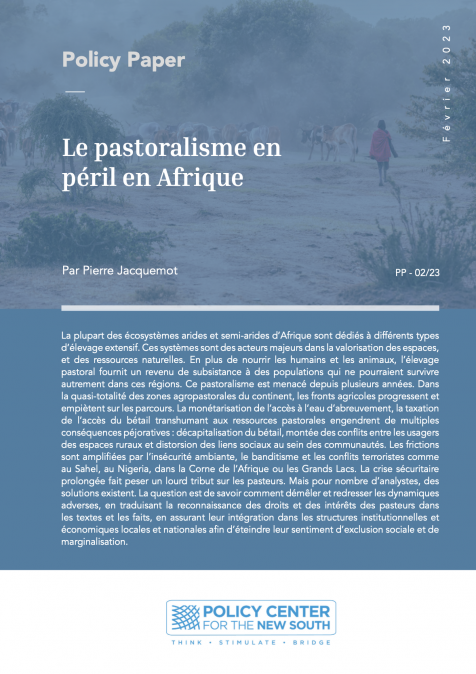Podcasts
Climate Change and WEF Nexus in MENA
Related topics:
This podcast is performed by Dr. Rabi Mohtar. The Intergovernmental Panel on Climate Change (IPCC) has projected that temperatures in the Arab region will rise between 1 to 1.5 degrees by 2030 and up to 4 degrees by 2100 over parts of the Arab world (IPCC, 2007). Most of the dramatic impact is expected to affect the sub tropics where most of the ESCWA region is located. If adaptation and mitigation policies stay unchanged, it is projected that twenty coastal cities around the world will see devastating impacts from a significant increase in sea level waters; four of them are in north Africa and ME region: Algiers, Beirut, Alexandria and Benghazi. These cities will see significant impacts that have the potential to disrupt coastal agriculture, lifeline, power, telecommunications and transportation sectors (ESCWA 2016; Hallegatte et al., 2013).






